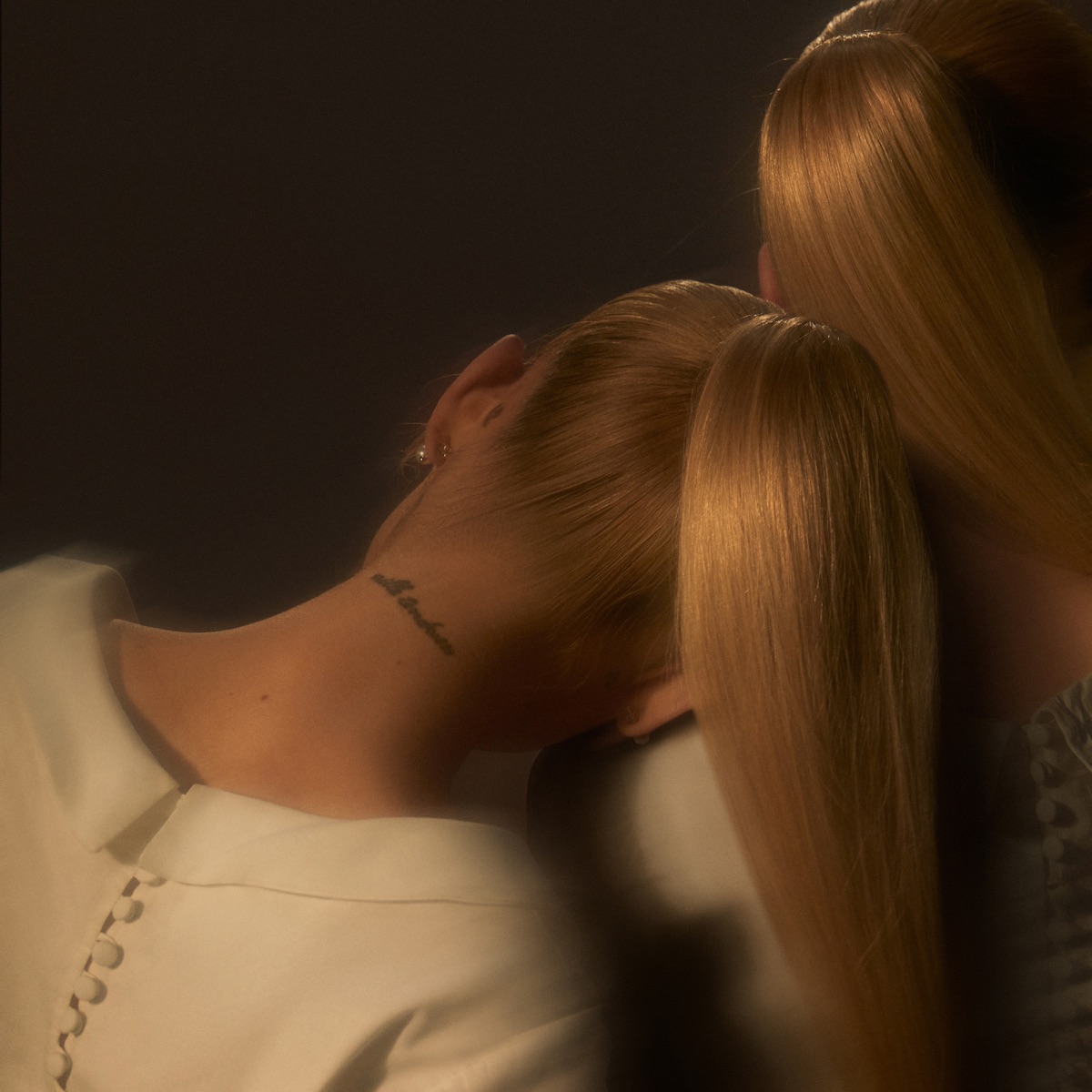Ariana Grande once stated that she would not begin recording until after the completion of filming for her role as Glinda in the acclaimed musical “Wicked.” For many of her most committed acolytes, the film has been a series of twists and turns that have left them craving an album stuffed with juicy lyricism. After witnessing a split from a longtime manager and a divorce—as well as a controversial and very questionable new romance—now Grande has blindsided us with her musical choices instead of her personal life choices in her latest LP.
The title of the album “eternal sunshine” is a direct reference to the 2004 film “Eternal Sunshine of the Spotless Mind,” in which a couple played by Jim Carrey and Kate Winslet elect to erase their memories of one another as a means of moving on. With this thirteen-track diary of an album, Grande ponders her feelings and the thoughts that plague her most. Soothing ballads are accompanied by tracks rife with acerbic commentary and an itch-scratching production, courtesy of collaborators such as Max Martin, Ilya Salmanzadeh and Shintaro Yasuda.
The album’s production is an amalgamation of pop and R&B, while also containing elements of synth, dance and house music—the last of which is most evident in the sharp-tongued “yes, and?” The rest of the album provides an assortment of brilliantly produced though lyrically incohesive songs. “intro (end of the world)” pleases with its muted guitar backtrack that is reminiscent of “Pluto Projector” and its immediate transition to asking the important things, such as “How can I tell if I’m in the right relationship? / Aren’t you really supposed to know that shit? / Feel it in your bones and own that shit?”
The second track, “bye,” is a triumphant farewell to the marriage that Grande just questioned. She proceeds to poke at it even further on different tracks by calling it a situationship in “don’t wanna break up again” and alluding to infidelity in the eponymous “eternal sunshine.”
The lack of cohesiveness is apparent in the songs within the latter half of the album. Take “supernatural” and its lust-laden songwriting, for example. Despite having an admittedly catchy tune, it’s a jarring transition from the previous few tracks that ponder the aftermath of a freshly-cleaved marriage. Similar sentiments are reserved for tracks such as “true story,” “the boy is mine” and even the top pick of the bunch, “we can’t be friends (wait for your love).”
Its lyrically-disjointed nature aside, the biggest aspect of the album that seems to be overlooked is the vocal maturity that Grande now possesses. This is a definite shift from the upper octave-heavy singing technique she demonstrated in her previous discography. There is a refreshingly warm and deep tone to her voice that luckily doesn’t sacrifice her vocal flexibility. The track “imperfect for you” is a perfect encapsulation of this change, giving Grande a newer, more sultry voice as she croons over her new love and the chat that surrounds it.
The album has also been accompanied by a “slightly deluxe” edition of the original album, which includes two re-recordings with features from Troye Sivan on “supernatural” and Mariah Carey and her equally triumphant vocals on “yes, and?” An acoustic version of “imperfect for you” further amplifies the warmth of its production despite the more stripped-back feel, though the same can’t be said for the “a cappella” rendition of “true story.”
Considering the overall trajectory Ariana Grande’s discography has taken, “eternal sunshine” demonstrates a marked improvement in her vocal skills and production since the fall from grace that was the transition between “thank u, next” and “positions.” Though it does not represent a full rebound, “eternal sunshine” has many musical and lyrical attributes that will bode well among listeners—unless knowing that some songs were written about a man who played Spongebob Squarepants thoroughly bothers you. Proceed with caution.



